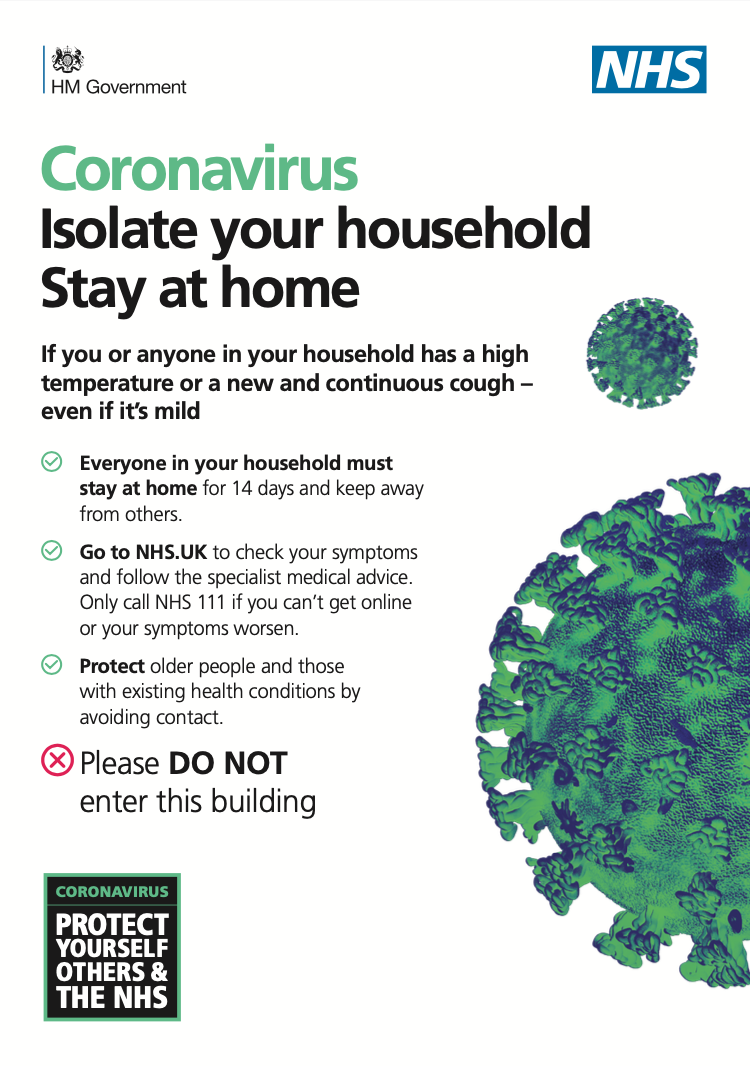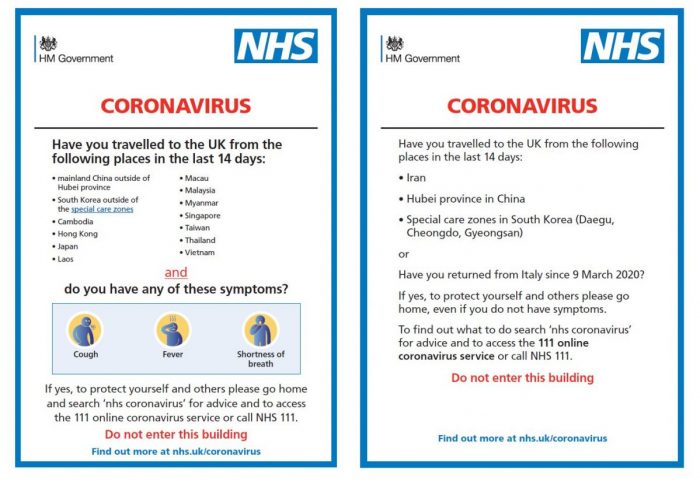The Government has announced that schools in England will be closed from the end of Friday 20th March for all but a limited number of children. Schools have been asked to continue to provide care for children who are vulnerable and children whose parents are critical to the COVID-19 response and cannot safely be cared for at home.
Community pharmacy staff and those involved in the medicines supply chain, including the support and specialist staff required to maintain the UK’s health and social care sector, are key workers critical to the Government’s COVID-19 response. The Government has identified the following key workers in health and social care:
Health and Social Care
This includes but is not limited to doctors, nurses, midwives, paramedics, social workers, care workers, and other frontline health and social care staff including volunteers; the support and specialist staff required to maintain the UK’s health and social care sector; those working as part of the health and social care supply chain, including producers and distributers of medicines and medical and personal protective equipment.
| Key workers include all staff working in community pharmacies, pharmacy contractors’ head office staff, delivery drivers, volunteers, as well as those involved in the manufacturing, assembly and delivery of medicines for supply by community pharmacies, such as staff working for pharmaceutical wholesalers. |
The definition of key workers has been deliberately drafted broadly, so that all the people involved in the medicines and pharmacy supply chains who are critical to the supply of medicines, and the delivery of pharmacy services, to patients and the public – including pharmacists and pharmacy staff – are included.
PSNC Chief Executive Simon Dukes said:
“Whilst pharmacists have not been included by name, those of us in the community pharmacy sector know that it takes more than one person to keep a pharmacy running. The Government needed to ensure that all those important workers – pharmacists, pharmacy technicians, pharmacy dispensers, pharmacy drivers, staff in wholesalers, distributers, etc. – were included and therefore settled on a wider definition than some may have been expecting. It does however demonstrate the value of the dispensing and supply of medicines at a time of national health crisis – something that has arguably been undervalued by governments in the past – and that can only be a good thing for our sector.”


